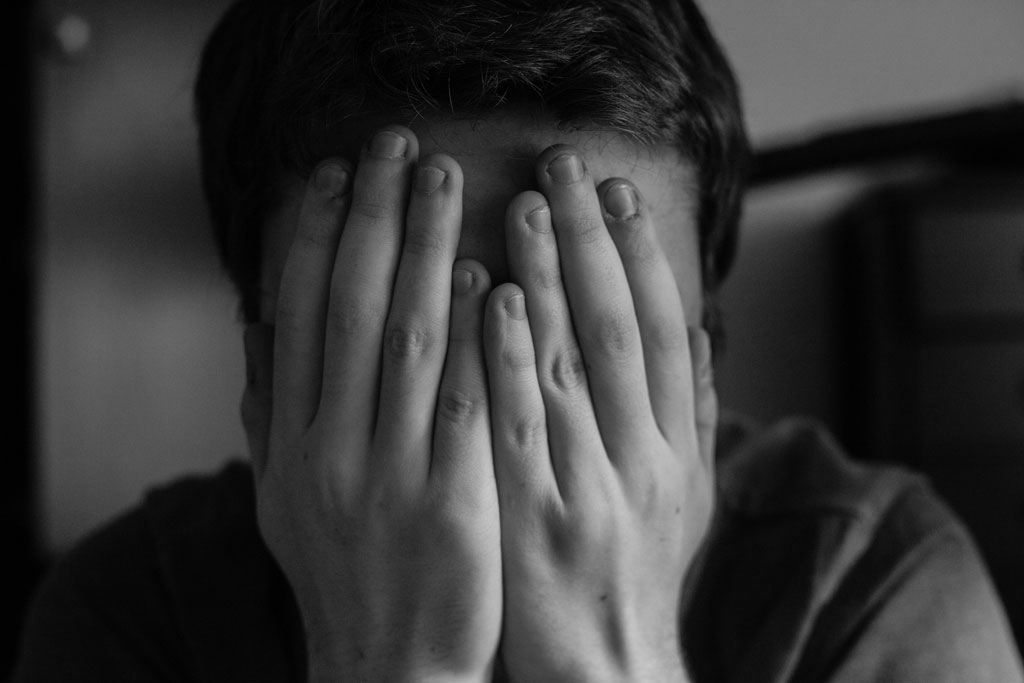By Damian Van Woerden (Contributor) – Email
Print Edition: October 8, 2014

One in five teens and young adults feel the burden of depression or anxiety — and to combat this, Vancouver Island Health Authority is trying a new way of reaching out to young people who struggle with mental health.
They have created a video game-style app, Booster Buddy, which is targeted at people who struggle with depression, anxiety, and other mental health concerns. The app uses its interface, which is a cartoon animal, to establish a relationship with the user. The goal of this program is to build up a level of trust between the user and the cartoon character. From here Booster Buddy is supposed to help the user avoid overwhelming feelings by getting them positively started on their daily chores.
To make people use the app, Booster Buddy offers in-app rewards for completing mental health quizzes and performing regular daily tasks, which can be hard for people suffering form depression. These rewards can then be spent in the app to upgrade the cartoon interface. The app also includes a list of emergency contacts, along with a calendar that keeps track of medications and appointments.
For people who need the occasional pick-me-up, this app might be a great solution. On the other hand, does this actually help someone suffering from serious problems in the long term? Or is this a Band-Aid approach to mental health?
Even though the app has a list of emergency contacts, it doesn’t seem to inspire human interaction. Booster Buddy may be great for someone who has a struggle getting up in the morning, but it doesn’t deal with the root cause of mental health issues.
Isn’t this why we have friends, family, and relationships? Let’s be honest: even though we joke around and talk about unrelated issues with our friends, we still find time to talk about our struggles and problems. This kind of human interaction is essential for anyone going through mental health problems.
There is nothing quite as comforting as being reassured by someone close to you. It doesn’t matter what Booster Buddy aims to fix in the end; unless we have human interaction, the app will only give a temporary solution to a much larger problem.
For many young people, mental health is a serious struggle. No one wants to admit that they are going through depression or anxiety, which causes many people to deal with these issues on their own. At the end of the day, the cartoon character isn’t real and it can’t give anyone a pat on the back when they need it.
In some ways Booster Buddy might be a step in the right direction, but their goal of improving mental health is not long-term. Anyone thinking of downloading this app needs to keep in mind that Booster Buddy will never replace a counsellor or a psychiatrist. A day-to-day fix is not going to solve mental health issues.

